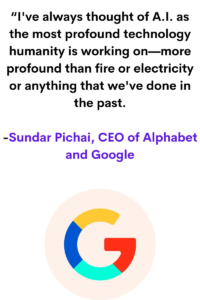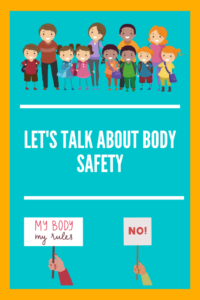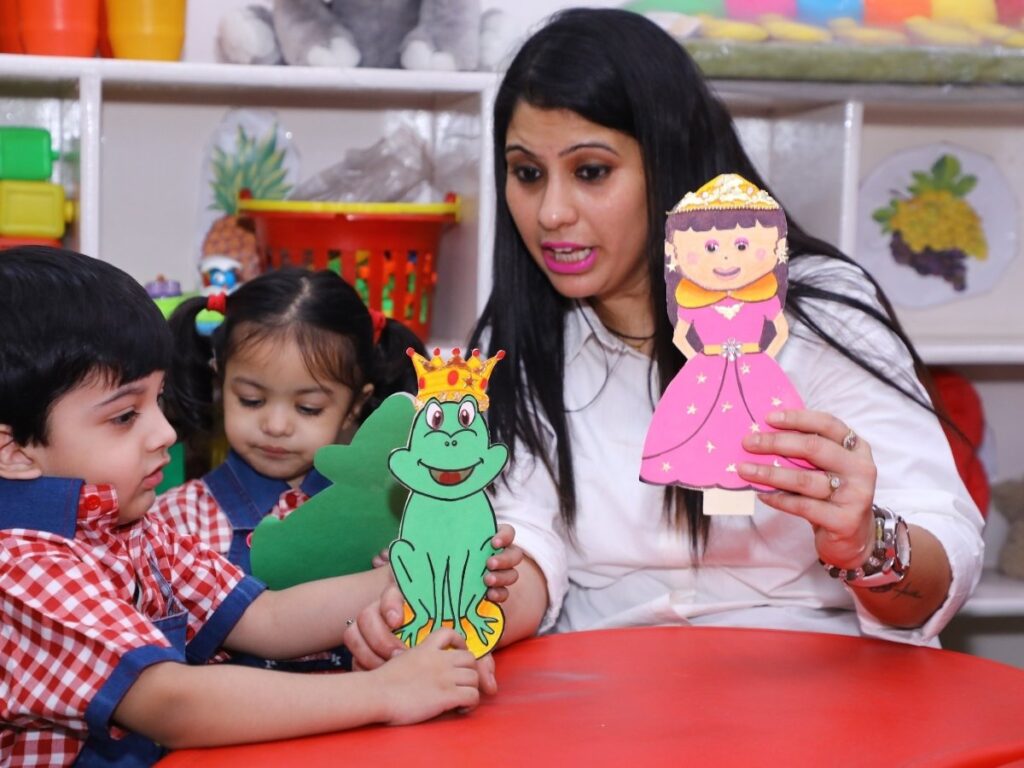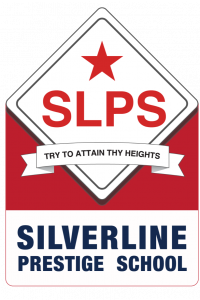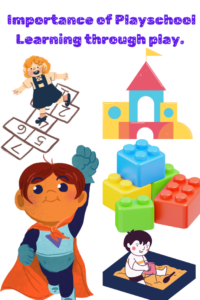
Welcome To The Silverline Prestige School
How Do Early Coding Skills Benefit Pre-schoolers?
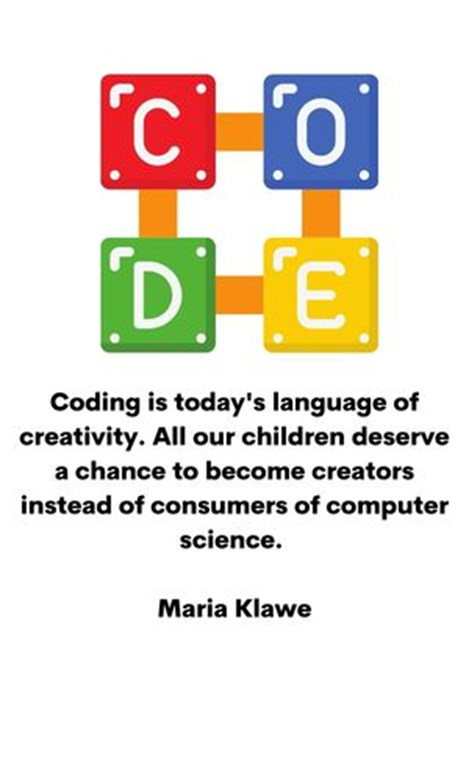
The technological revolution has monumentally changed our lives. It is unimaginable to perform a task that is not powered by computers. Our children are introduced to technology as early as when they are one or two years old. Hence, an early introduction to a computer language that will inevitably become an intrinsic part of their lives becomes prudent. Along with polishing literacy and numeracy skills, building computer skills is an important requisite. So, does that mean parents have to teach languages like Java, Python, and C++ in pre-primary classes now? In this blog, Silverline school explores coding as an important aspect of early education and how coding for preschoolers can be achieved through offline activities.
Table of Contents
- What is Coding?
- Is coding necessary for preschool kids?
- What are the benefits of Coding?
- When can we introduce Coding to kids?
- How does Silverline, the best preschool in Ghaziabad, incorporate effective coding practices in pre-schoolers?
What is Coding?
In simple terms, coding is a set of instructions written to make the computers understand and execute the task at hand. Coding employs various languages like:
- Javascript
- Python
- Java
- Ruby
- C++ and more.
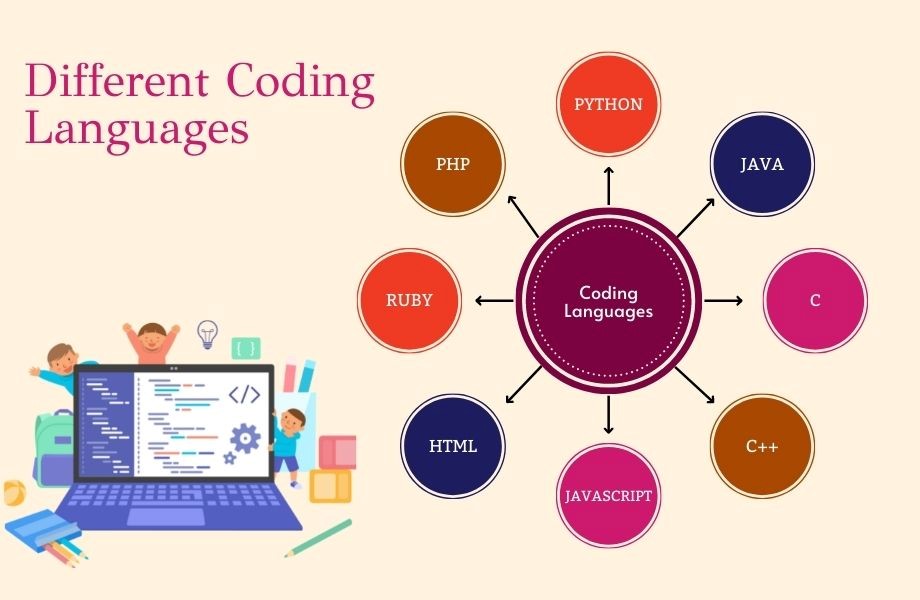
It is through these languages humans can communicate and instruct computers. Coding finds its applications everywhere around us. A few examples are :
- All electronic gadgets like mobiles, tablets, laptops, etc require coding to function.
- Coding helps in the creation of websites.
- All social media applications use coding.
- It is used in the field of game development.
- Coding is even used by aerospace engineers.
In a nutshell, from using geysers in the morning, to running your washing machine, to using your cell phones, to driving your cars, to stopping at traffic signals, and listening to music, everything finds its application in coding.
Is Coding a Necessary Skill for Preschoolers?
It is very likely that a child would have known how to use a mobile phone before holding a book. That’s how quickly a child gets acquainted with the technology. To understand the digital world better, it makes sense to start early. Our kids easily pick up any second language. Hence, imbibing fundamental coding skills during the early years is not a formidable task. The logical approach to weave coding basics is through play and unplugged activities.
There is a lot of debatable chatter about how outlandish it is to introduce coding at such a young age. Let us look at why this argument does not hold much weight.
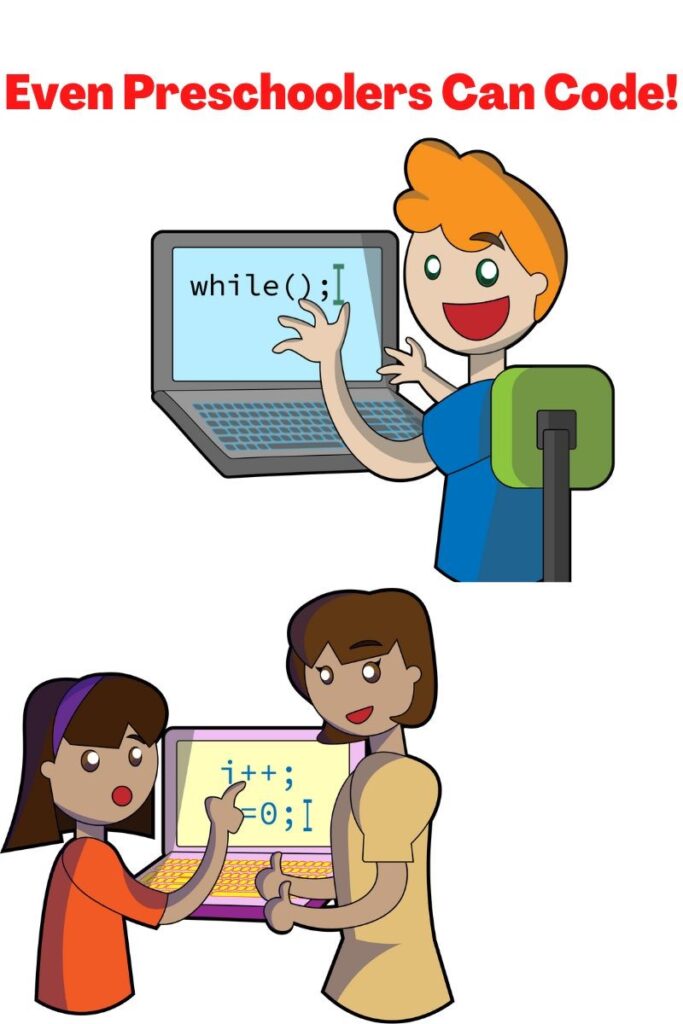
We teach children A, B, C’s, and 1, 2, and 3’s as early as we can. So, delaying the learning of a crucial language that is as imperative as Math and English would be unwise. Needless to say, a child should never be burdened with learning a skill. The onus is on us to chart a path that will enable the easy learning and acquisition of any skill.
We are well aware of the innumerable benefits early literacy and numeracy skills bring to our children. We have also discussed the importance of primary years in our previous blog post.
As technology has become all-pervading, the lives of our children will be exceedingly governed by it. Hence, digital literacy is as indispensable as language and math skills.
What makes coding vitally important? Let us look at the benefits coding offers:
Coding is simply not limited to learning a programming language. It teaches a host of other skills that prove to be extremely beneficial and can be applied to other areas of study. These are:
- Coding develops the process of logical thinking.
- It develops problem-solving skills.
- Coding enhances analytical skills.
- It teaches a child to be persistent. If a particular code does not work, the child has to think of alternatives and keep at it.
- Accuracy, structure, and brevity are important requisites while writing code. A child can learn to apply the same skills to English writing.
- Math skills are greatly improved with coding.
- Coding fosters creativity and imagination.
- Coding teaches a child to keep experimenting until the desired result is obtained.
- Coding is a constructive activity that will steer a child’s brain to create and construct rather than frivol away time.
Also, coding will open a world of lucrative job opportunities for the child.
When Can We Introduce Coding to Kids?
Children as young as five can learn coding through game-based apps like Scratch. Older kids who want to develop games and create websites, do so with text-based coding. Java, Lua, HTML, and CSS are all coding languages for children aged ten and above.
For preschoolers, coding is block-based and is taught through games and activities.
Basic Coding Concepts Explained
Let us understand some of the common terminologies used in coding.
Algorithm
An algorithm in coding essentially means giving instructions to get the desired output or result. A morning routine to school or a bedtime routine consists of specific steps and is an example of how we follow an algorithm in our everyday lives.
Looping
Looping is doing a particular task over and over again. A loop is a block of code that instructs the computer to perform a task or a sequence of tasks repetitively.
Sequencing
The order of instruction refers to a sequence. A lack of sequence will make the computer bungle up the task.
Decomposition
Decomposition is a process where a larger problem is broken or decomposed into smaller units. This helps manage a bigger task or problem.
Branching
Branching enables a program to make choices and execute the program after satisfying what-if conditions.
Debugging
Debugging is the process that recognizes bugs or errors and then rectifies the same.
How does Silverline, the best preschool school in Ghaziabad, Incorporate Coding Practices in Preschoolers?
Would it surprise you if you were told that our preschoolers are already learning how to code?
Yes, that is true!
At Silverline, the best preschool school in Ghaziabad, we strive to make our students future-ready. We teach early literacy and numeracy skills by way of play and hands-on activities. We employ similar methods to inculcate foundational coding skills in children as young as three.
Coding concepts for preschoolers are instilled using games and activities as preschoolers are yet to read and write. Coding is unplugged and offline for this age group.
Some of the offline coding activities at Silverline school are :
- Pattern finding activities.
- Solving Puzzles
- Block-based Play.
- Simon Says.
- Floor puzzles.
- Stacking Activities.
- Story Sequencing.
- Treasure Hunts.
- Sorting Activities.
- Activities using beads.
- Games using directional language and instructions.
- Flameless cooking recipes.
All of these activities lay the foundation steps that are needed to understand coding. For example, giving the correct order to a jumbled story teaches a child the concept of sequencing.
Basic activities like writing a recipe of a cake will encourage the child to think of the steps needed to bake a cake. This is how they will later learn how to create an algorithm. A simple activity of writing steps about baking a cake expounds the following coding essentials:
- Incorporating all steps of the activity is a must.
- Writing the correct order is important.
- Missing out on any ingredient or step leads to a failed bake.
- What should be done if any ingredient is not available?
Any step missed out in coding and the computer will incorrectly execute the program. Such a basic activity for a preschooler impels the child to think harder, think specifically, think meticulously, and retrace steps if something has gone wrong.
This is how early coding also develops computational thinking.
To Conclude
Do not be frazzled with the coding buzz all around you.
It is essential to understand that early coding does not mean getting children glued to computers and teaching them confounding computer jargon.
Early coding incorporates fundamental, logical, and deductive reasoning. And these skills are applicable in all other learning spheres as well.
The purpose of starting early is to instill computational thinking that will further help the children understand advanced coding languages easily. From consumers, the children will surely turn into creators.
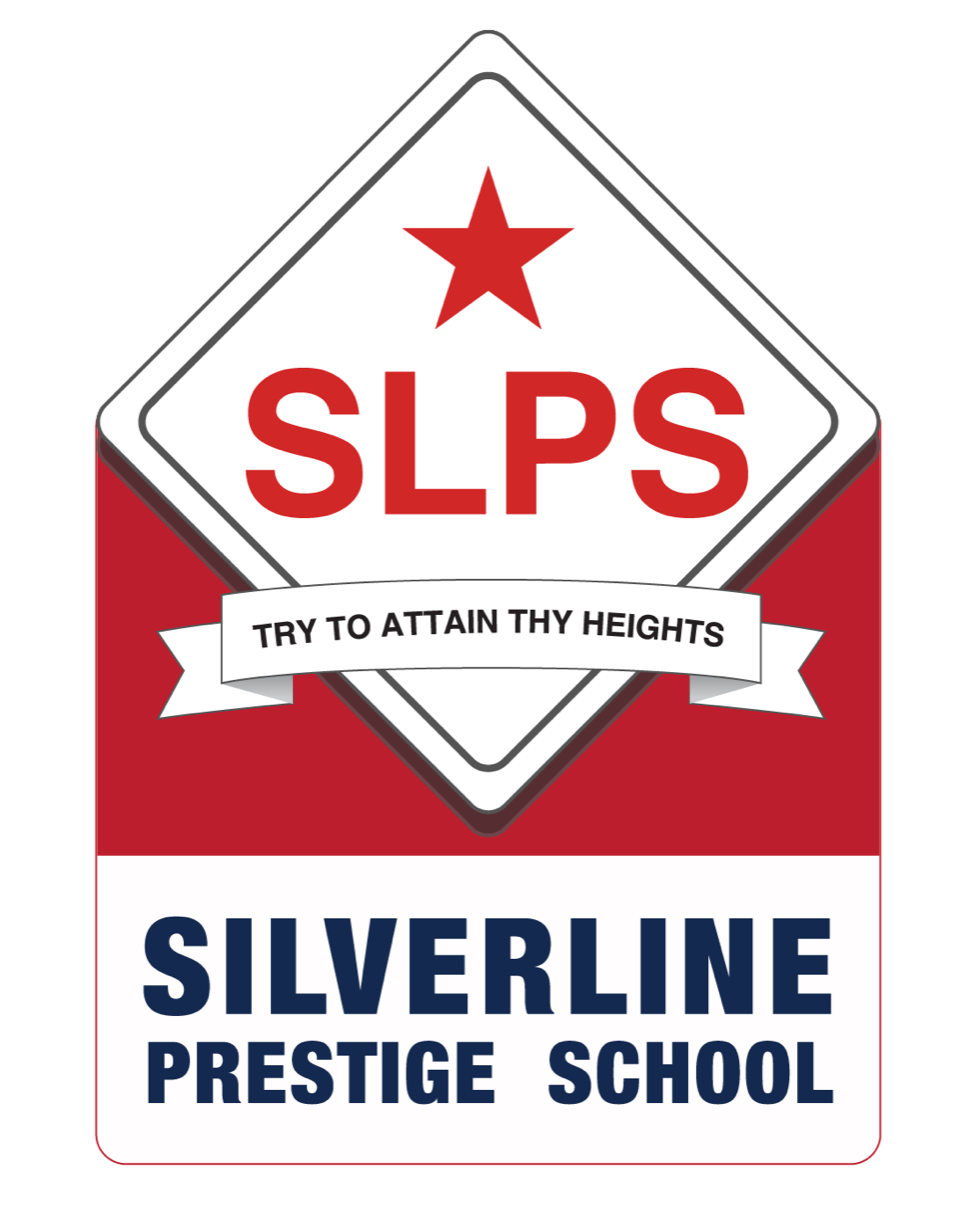
The Silverline Prestige School, Ghaziabad
Recent Posts

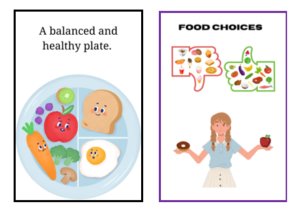
Nutrition for school-going children: What’s on your child’s plate?

Green Clean Globe: A Tree Planting Initiative by Silverline Prestige.
